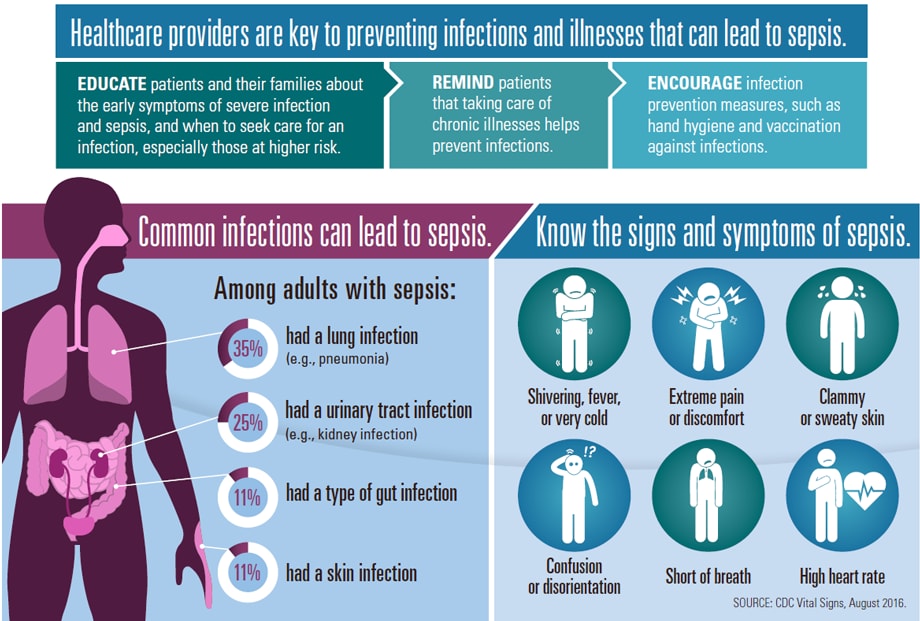Whenever I whip cream or potatoes, I think of Dad. He was a man who loved to eat! Potatoes and whipped cream were two favorites. I stashed a lot of leftover potatoes after our Thanksgiving dinner and thought, if Dad was here, these would not be going back into the fridge. Family and food were my father’s favorite two things. When I put leftover whipped potatoes into the fridge, I asked my mother “Where is Dad when we need him?”
Dad’s suffering after he was infected at his small town hospital was long and difficult. But, the most difficult thing for my family to witness was his complete loss of appetite. For his entire life, he was a hearty eater and loved his food, in large portions. He never had a problem with cholesterol, and that was a miracle. I love to eat too, but I could never imagine packing away meals like he could. It took him as long to prepare his mound of potatoes as it took for the rest of the family to finish eating. We all use to laugh about that. Potatoes, gravy, meat, vegetables….oh, didn’t he love a big meal. He loved his deserts too, but he also ate fruit and veggies. I guess there just was not a food he didn’t love.
He wasn’t selfish about his food. He grew up during the depression and in poverty. Rare old photos of him reveal a thin child dressed in ragged clothing. Meals were sparse and often meatless. So, as an adult, he not only relished food, he absolutely loved sharing food. When any of us said we had enough to eat he would say “Oh come on, have some more!” This generosity made him feel good I think, and proud that he could provide more then enough food for his family, unlike his parents for him and his siblings. They squabbled over food.
I remember when Dad was in the nursing home during his last few weeks of life. My mother and my family were very concerned about his loss of appetite and a lot of weight. He shared his dreams about food and said he would love some Hersey’s chocolate. We brought it to him, but he could not eat it. He gagged on it. One day he said he thought he could eat a tuna sandwich with onions. I didn’t want to bother the Nursing Home kitchen with special requests, so I went a got the stuff and made him that sandwich. Same thing..unable to eat it. When he couldn’t eat a Maine lobster and butter (his absolute favorite!), we knew the outlook was very bad for Dad. This starvation went on for about 3 months.
Aside from the fact that Dad became totally dependant on others for his daily activities and was rendered a bedbound patient overnight because of preventable infection, this alarming loss of appetite and weight was the absolute hardest thing to watch. My poor Dad.
Who knows how long Dad would have lived if he hadn’t been infected with MRSA? He managed fairly well at home, with my mothers help. She cooked healthy balanced meals for them every day. He still drove his car and did a few errands. They both had visited in my home, 70 miles from their home, just a week before he fell and broke his ankle, and needed rehabilitation (during which he was infected). He ate well, he was engaged with all of us and our lives and little kids loved him and his sense of humor. He got around. He didn’t move fast, but he did what he needed to do without assistance. He was upright and mobile, just using his cane.
All of his independence was taken away by preventable infection. That is just plain wrong and should not have happened. Although Dad had ongoing health problems, he managed ok before MRSA. Recently I found myself in a position to tell Dad’s story and describe his condition. I was asked if he was frail. I’m not sure how I answered but I have given that some thought. NO, before MRSA he was not frail. My perception of a frail person is someone who is bent over, constantly wobbly on the feet, and always needing assistance to do about anything. It took his trusted community hospital less than 2 weeks to drop Dad dead in his tracks and land him in bed permanently with a multi drug resistant infection. He had clear uninfected lungs when he went into the hospital. After he was infected, he never walked again. He lost is appetite, his strength, his ability to stay at home and eventually his life. It was his trusted community Hospital and MRSA that turned him into a helpless frail man. Before that he was living independently with my mother in their own home. Although he had problems with occasional falls, generally he did ok. His determination and my mothers dedication kept them both going.
We missed Dad at our Thanksgiving table again this year.
Dad, I hope you are upright and strong, surrounded by loving family, funny little kids and that they served whipped potatoes and chocolate cream pie where you are now.


